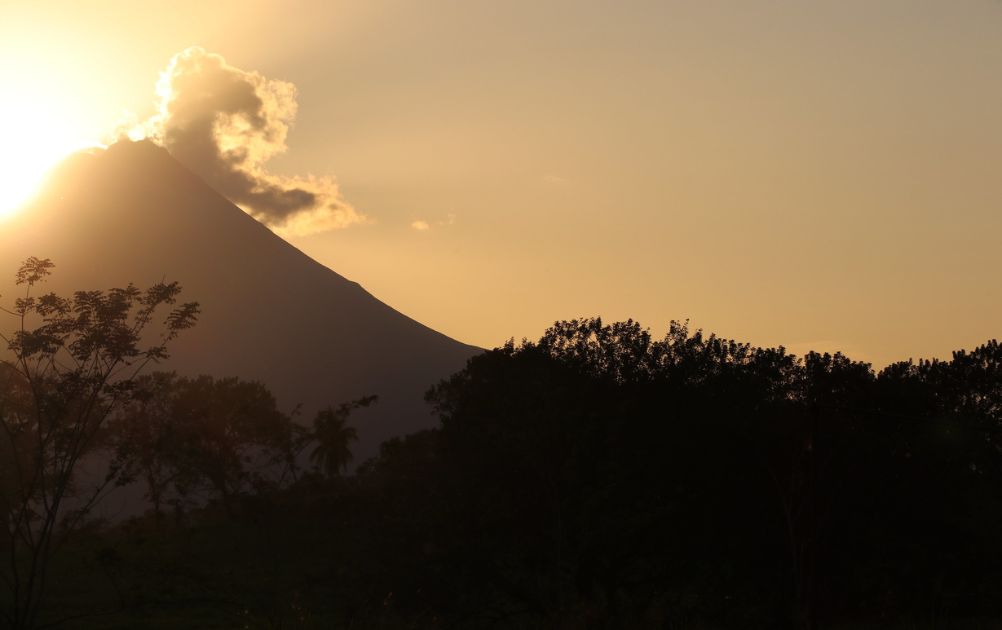
This year, Costa Rica's Ministry of Environment and Energy (MINAE) received a USD 3.59 million disbursement from the REDD+ Results-Based Payments (RBP) Project, implemented by the United Nations Development Program (UNDP). This marks the third payment, bringing the total to USD 40.82 million, which is 87% of the available funds.
These funds support the Costa Rica REDD+ Strategy by protecting forests, promoting natural regeneration, and developing agroforestry systems on private lands and Indigenous Territories, all while ensuring compliance with social and environmental safeguards.
The latest round of funding is a testament to Costa Rica's dedication to forest conservation and fire prevention. This year, USD 1.33 million will go towards expanding the Payment for Ecosystem Services (PES) in Indigenous Territories, while USD 2.27 million is earmarked for enhancing forest fire prevention through the National System of Conservation Areas (SINAC).
These funds, initially secured in 2019, are part of the Green Climate Fund’s pilot program on RBPs, aimed at reducing emissions from the forest sector.
Since its inception, the program has made remarkable progress:
-
Over 652,600 hectares of natural resources are now under improved low-emission management, with 12% of these areas located in Indigenous Territories.
-
The initiative has benefited 52,400 people, including:
-
32,400 Indigenous individuals (42% women)
-
20,000 non-Indigenous people (20% women)
These achievements, independently verified by an external evaluator, underscore the effectiveness of the UNDP’s Performance-based Payments (PBP) instrument in driving real, impactful change on the ground.
A timeline of Costa Rica’s success and challenges:
2021: A year of strong progress
The first major disbursement came in 2021, with nearly USD 24 million allocated. This funding represented over half of the total PBP budget. It enabled significant advancements in the PES program for private lands. Key achievements include:
-
Bonus payments for compliance with environmental safeguards, benefiting women and young landowners.
-
Distribution of educational materials on human rights and gender-based violence prevention.
-
Effective forest fire prevention measures, with most fires quickly extinguished and minimal damage to high-value ecosystems.
However, it’s important to note that the pandemic and budget cuts posed significant challenges, and the PES program in Indigenous Territories was not yet included due to pending safeguards.
2022: Continued success amid budget constraints
In 2022, Costa Rica received USD 13.3 million, bringing the total allocation to nearly 80% of the PBP budget. Despite this progress, the budget for PES on private land was exhausted within the first 18 months, leaving USD 1.4 million in unpaid results.
On the positive side, the establishment of Free, Prior, and Informed Consultation (FPIC) protocols for Indigenous People led to USD 3.3 million being disbursed after ensuring compliance with safeguards.
Unfortunately, SINAC did not meet the insurance requirements for firefighters, resulting in USD 1 million in unpaid results. You can read more about 2022’s results in this blog.
2023: Financial strains emerge
By 2023, the project disbursed USD 3.6 million, reaching 87.55% of the budget. However, USD 11.3 million in verified results for PES on private land remained unpaid. The budget for PES in Indigenous terriorites was rapidly depleting, reflecting excellent outcomes in these territories. SINAC excelled this year, achieving full compliance with safeguards and receiving USD 2.3 million.
Looking ahead
The three cycles of measuring the performance of Costa Rica’s flagship forest conservation and fire prevention programs clearly show that these initiatives are making a real impact. The independently verified results highlight significant contributions to global climate change mitigation and the fulfilment of international commitments under Costa Rica’s Nationally Determined Contribution and Decarbonization Strategy.
Additionally, the project has demonstrated that the Performance-based Payments instrument is effective in ensuring that resources from REDD+ Results-Based Payments reach rural communities and Indigenous territories, while maintaining social and environmental safeguards. The creation of enabling conditions, such as the Forest and Territorial Environmental Plan (PAFT), has not only facilitated the channelling of USD 3.3 million from the Green Climate Fund but also unlocked nearly USD 1 million from the World Bank, with an estimated USD 15 million more to come.
Furthermore, it is expected to enable access to private sector funds through voluntary carbon markets in the future.
Despite these successes, the financial shortfall remains a significant hurdle. The impressive results achieved so far underscore the urgent need for additional resources to sustain and expand these critical conservation efforts. Costa Rica’s experience offers valuable lessons for other nations committed to environmental stewardship and sustainable development.



